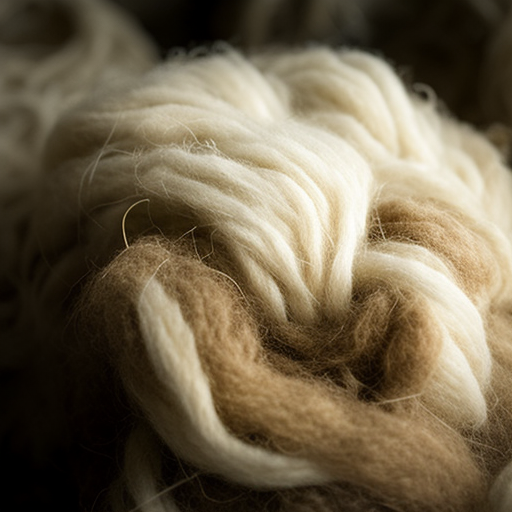
Organic cotton is grown using an agricultural method that limits the use of pesticides and chemicals traditionally used in cotton production. It is considered sustainable cotton fiber because it reduces negative impacts on soil, water resources, and workers. Organic cotton may be less risky in terms of environmental and human health.
There are different certification programs to identify cotton fibers produced in accordance with sustainability standards. For example, certifications such as the Global Organic Textile Standard (GOTS), Organic Content Standard (OCS), and Better Cotton Initiative (BCI) ensure compliance with specific criteria in cotton production and processing, guaranteeing the adoption of sustainable practices.
Water efficiency is an important factor in sustainable cotton production. By implementing good irrigation management, effectively using rainfall, and improving the efficiency of irrigation systems, water consumption can be reduced. Some sustainable cotton projects promote the use of water-saving techniques and contribute to the conservation of water resources.
Sustainable cotton production aims to minimize the use of harmful pesticides and chemicals. Preference is given to natural and biological pest control methods. Additionally, the use of safe chemicals and proper management of chemical waste are important.
Respecting worker rights and supporting social improvements are also objectives of sustainable cotton production. Factors such as ensuring fair working conditions, worker health and safety, education, and community participation are essential.







